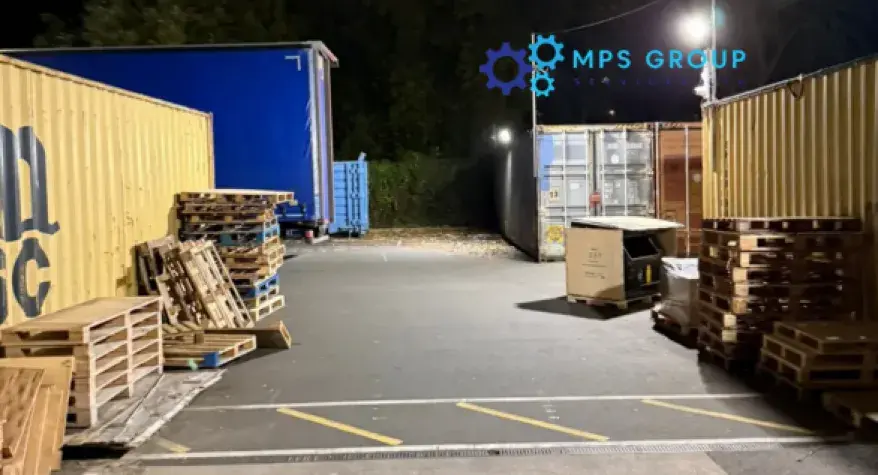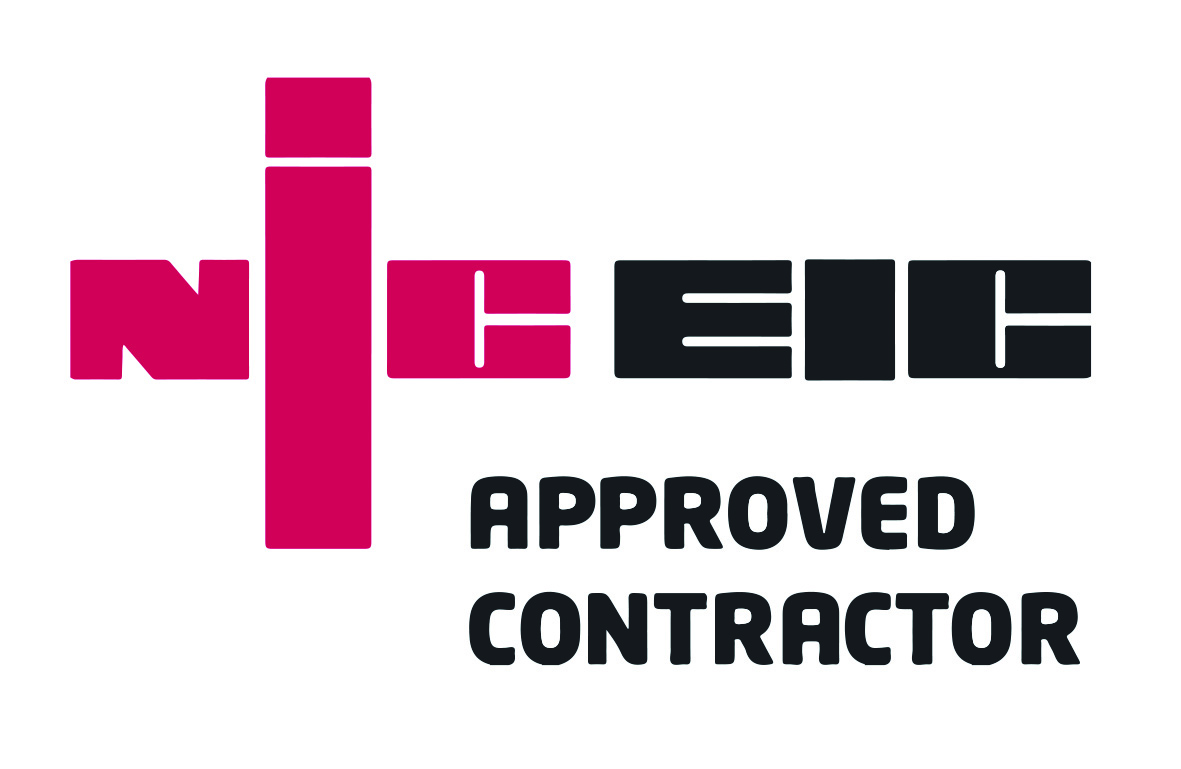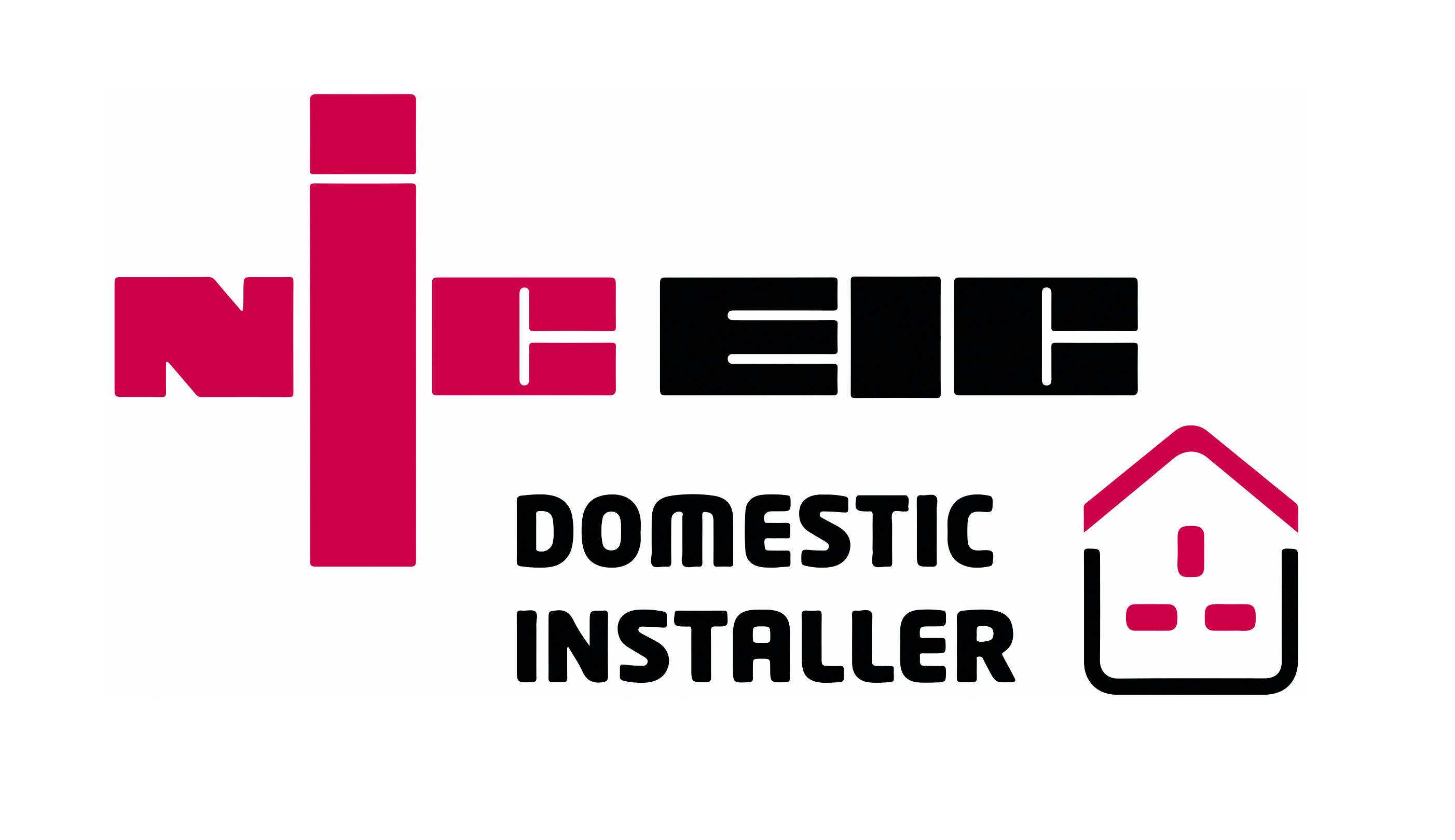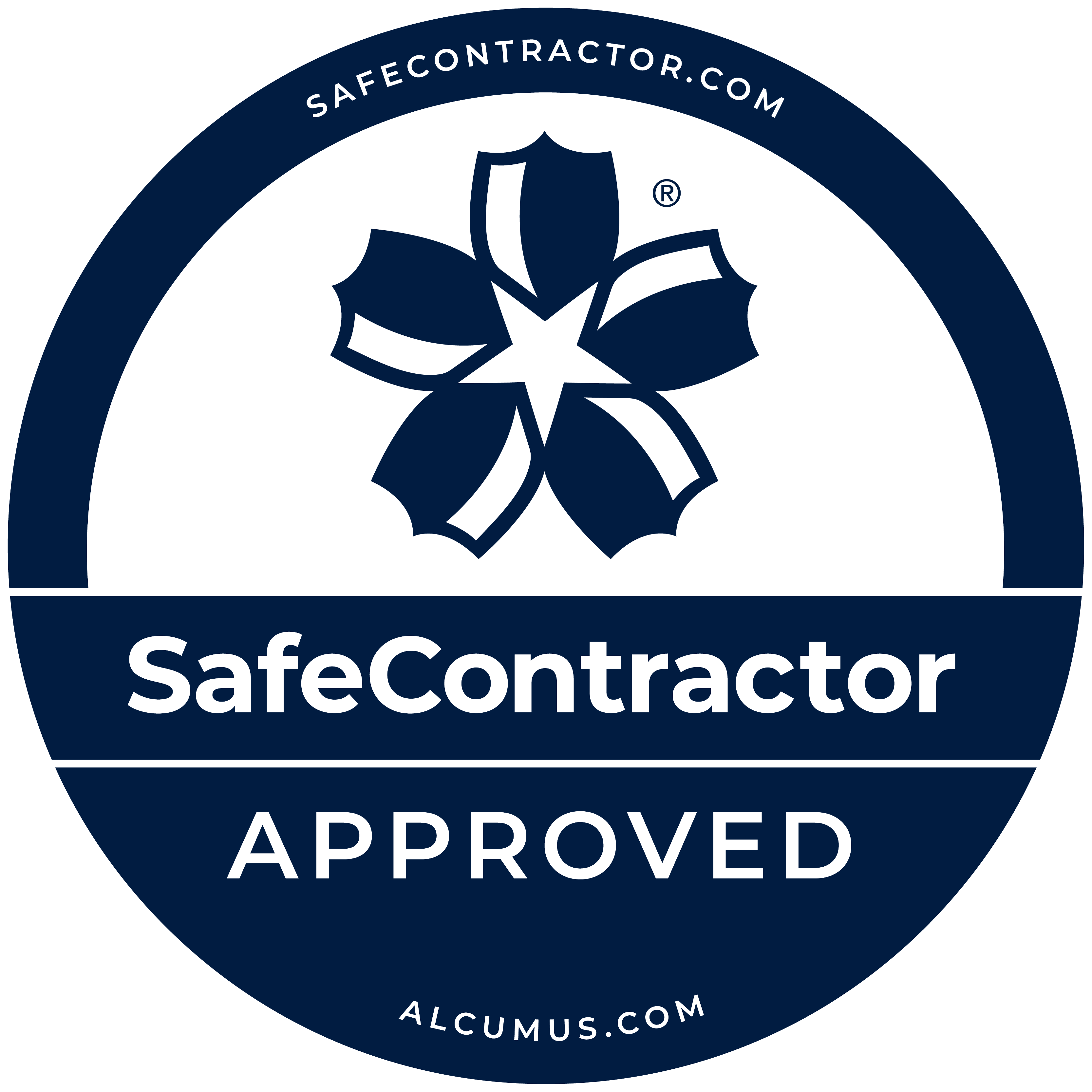Looking for a local expert in commercial exterior lighting based in Derby? MPS Group is here to help businesses across Derby achieve a safe outdoor work environment - this starts with adequate exterior lighting.
Commercial Exterior Lighting, Derby
I walk commercial properties in late October and see the same pattern everywhere.
Aged light fittings. Non-LED systems that should have been replaced years ago. And when I ask facility managers if they tested the exterior lighting during summer, the answer is always no.
They're running on last year's luck.
The Problem With "We'll Deal With It Next Winter"
Most facilities don't have proper maintenance strategies in place. Whatever worked last winter gets left alone until the following winter.
Here's what that actually costs.
I worked with a client whose loading bay entrance had flickering lights. They noticed it last winter. Decided it could wait. Then the clocks changed, nights drew in, and an internal audit flagged the issue.
The loading bay couldn't be used. Lighting levels weren't sufficient for the task.
Their other loading bays weren't as large. They couldn't take bigger deliveries. Stock quantities dropped. The business couldn't carry the inventory it needed.
That's not a lighting problem. That's supply chain disruption triggered by ignored maintenance.
The Control System Nobody Checks
Most people think exterior lighting maintenance means replacing bulbs. They miss the control systems entirely.
A typical commercial setup uses a time clock, contactor, and photocell arrangement. The time clock controls the power period. The photocell and contactor decide whether lights switch on based on ambient light levels.
If that time clock isn't updated when daylight saving changes, you get periods of darkness where no power feeds the other controls. The photocell can't activate lights that have no power.
I've seen external work areas left completely dark while operatives try to carry out tasks. UK statistics show over 71,000 non-fatal workplace injuries annually, with slips, trips, and falls as top causes. Many are preventable with proper lighting.
Loading platforms require adequate lighting levels under UK Health and Safety Executive (HSE) guidelines. Poor lighting in work areas creates serious liability risks, with workplace injury claims and enforcement action from the HSE.
That's the liability you're carrying when you skip summer checks.
Why End-Of-Summer Timing Matters
In facilities management, there's always a bigger problem when the lights aren't needed in summer. I get it.
That's exactly why we send email reminders to existing customers at the end of summer. We offer checking services with full reports before autumn hits.
The timing gives clients space to action any flagged issues before operations are impacted.
During these checks, we're looking at fixture condition, age, physical damage. We examine control types. We verify time clocks and photocells work correctly. We confirm times are set properly. We measure whether lighting provides sufficient illumination for the area.
The thing facility managers consistently underestimate: access. Access to the fittings themselves. Access to the controls.
Planned visits during summer let us work around operational activities. We minimize impact. When clock change arrives, there's zero downtime.
Compare that to reactive winter repairs. You're coordinating access during peak operational hours. You're managing emergency shutdowns. You're explaining to leadership why a loading bay is offline.
What Proactive Actually Looks Like
Clients who've adopted this approach versus those doing reactive maintenance operate differently during darker months.
Operations continue as normal. Their areas are fully compliant. Staff work safely.
There's no scrambling in November when the audit happens. No surprise shutdowns. No inventory constraints because a loading bay went dark.
If I could get every facility manager in the Midlands to change one thing, it would be this: carry out regular checks in the months when lighting isn't required. Keep on top of remedial works before you need the systems to perform.
Your exterior lighting needs to work when daylight disappears at 4:30 PM. Not when you finally notice it's broken.
The clock change happens twice a year like clockwork. Astronomical time clocks automatically adjust for these transitions, but only if someone's actually maintaining the system.
Summer is when winter problems start. Most facilities just don't realise it until the loading bay goes dark.
Commercial Lighting Electrician, Derby
MPS Group are your local commercial lighting electricians serving the Derby area. For more information or advice on safe, proper outdoor lighting get in touch with MPS Group today.




